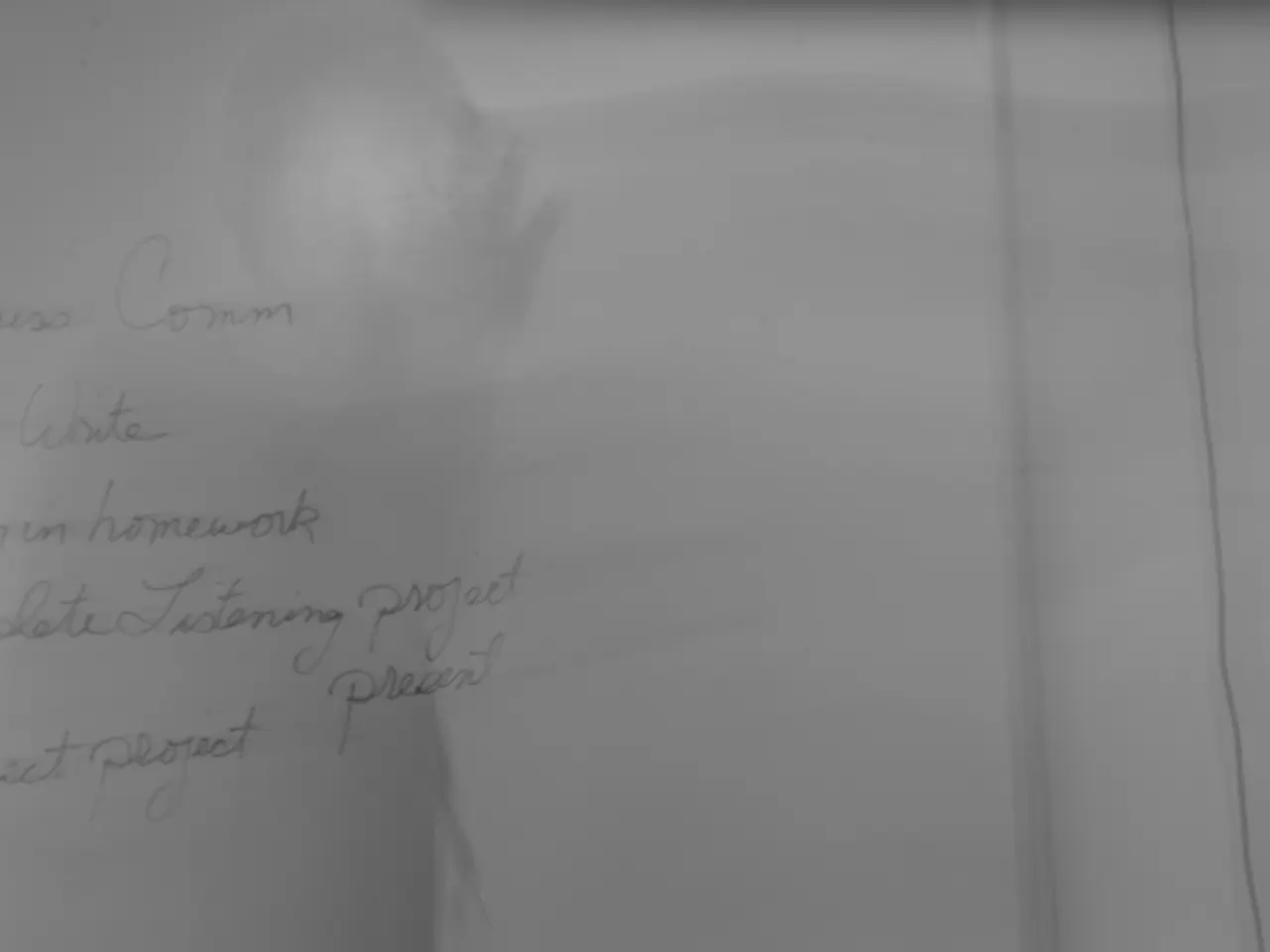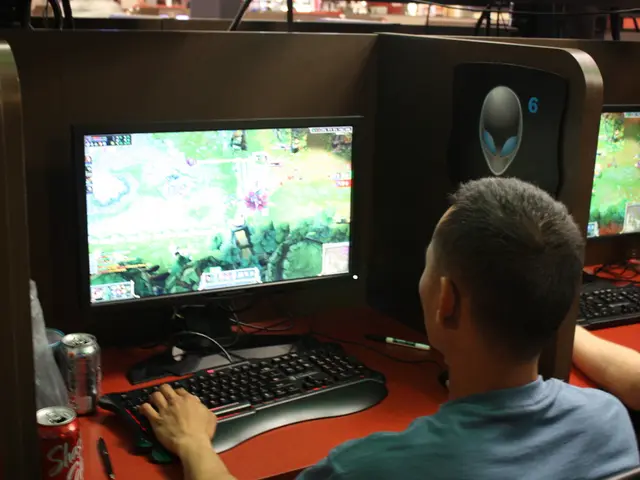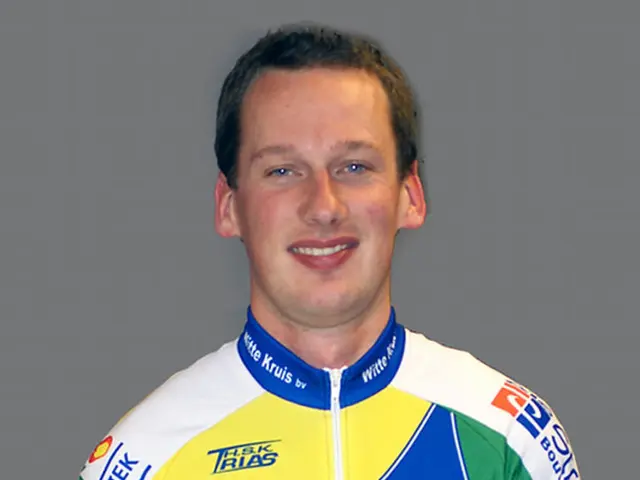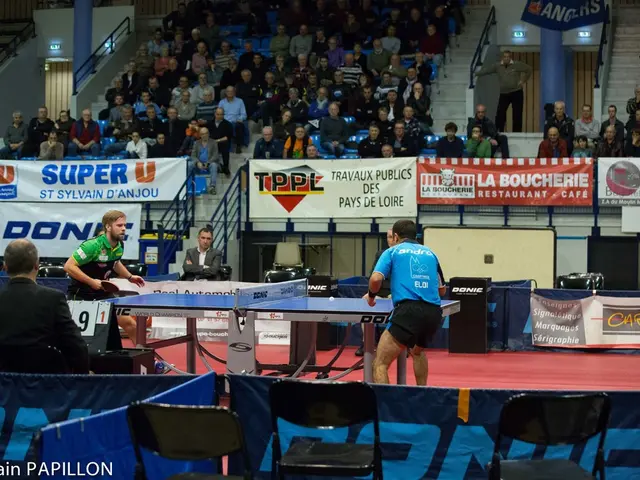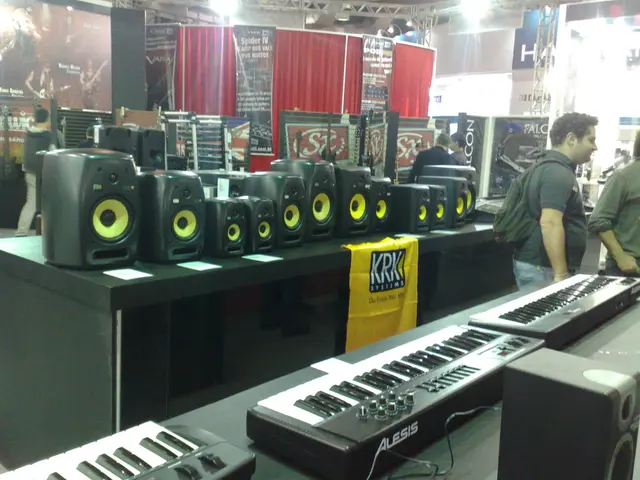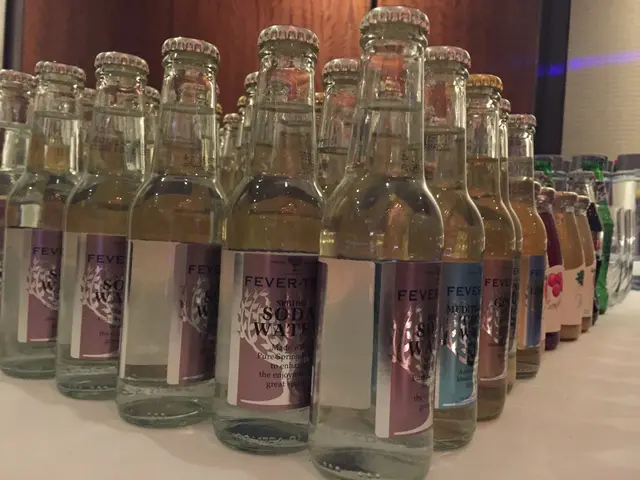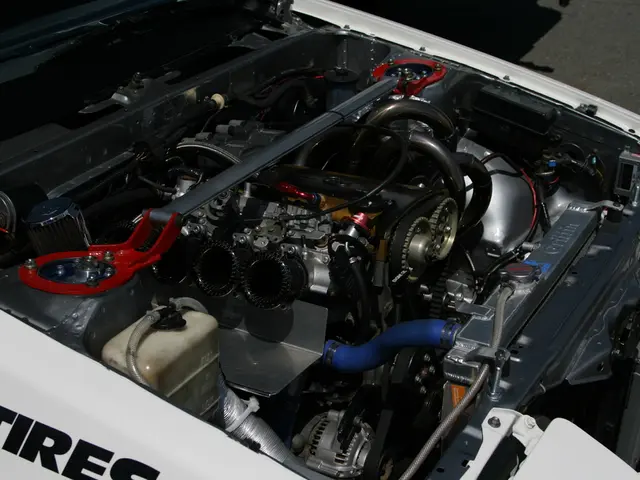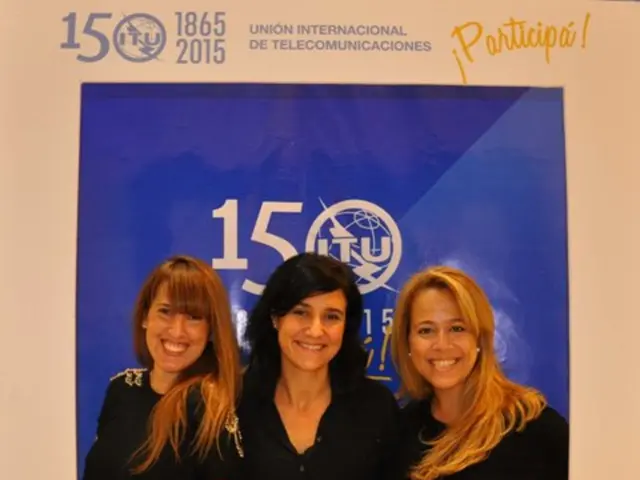Massive Unregistered Slot Machines: Is German Law Complicit in Unlawful Gaming Market?
The German government has taken significant steps to combat the growing black market in gambling, primarily through the introduction of the 2021 State Treaty on Gambling (Glücksspielstaatsvertrag 2021). The treaty aims to legalise online offers and curb the black market, which poses a threat to around 5,000 small and medium-sized enterprises in the amusement machine industry.
The treaty has led to the establishment of a new national regulator, the Gemeinsame Glücksspielbehörde der Länder (GGL), which issues five-year licenses and ensures compliance among operators. This centralised supervisory body is designed to steer gamblers towards legal, regulated platforms.
Strict player protection mechanisms have also been implemented. These include mandatory Know Your Customer (KYC) checks to prevent anonymous play, bans on anonymous payment methods, and mandatory self-exclusion options for players. A national player limit register is used to enforce a €1,000 monthly deposit limit for all players across online platforms, aiming to reduce excessive gambling and discourage offshore black-market operators.
Legal and regulatory actions against unlicensed or offshore operators are also a key part of the strategy. These actions include IP blocking, cease-and-desist orders, and enforcement actions. The upcoming 2025 Gaming in Germany Conference will discuss these regulatory developments further.
Industry experts predict that the black market's share could significantly exceed the legal market by 2026. To address this, the government is planning a review of the 2021 State Gambling Treaty in 2025, with a likely increased emphasis on black market data, compliance, marketing controls, and player protection.
Despite these measures, the black market remains a concern. Up to 50,000 illegal slot machines are estimated to be in operation in Germany, outnumbering the approximately 180,000 legal machines. The criminal law classification of illegal gambling treats it as a misdemeanour, making investigations more difficult.
Federal Minister of Justice Marco Buschmann recently advocated for the decriminalization of illegal gambling and suggested downgrading it to a minor offence. However, it remains unclear what other measures the government plans to take to address the growing black market and put a stop to it.
The black market for gambling not only harms businesses but also funds organized crime. A single illegal slot machine could generate a surplus of 10,000 euros per month, money that is not only tax-free but also funds criminal activities.
The challenge lies in striking a balance between regulation and consumer choice. While strict regulations are necessary to protect consumers and businesses, they must not unintentionally promote the black market by reducing the legal offer and making it unable to meet demand due to legal requirements.
In conclusion, the German government is taking active steps to address the growing black market in gambling. By providing a regulated, supervised environment, the government seeks to minimise the black market's appeal and redirect gambling activity to legal channels. However, the fight against the black market is an ongoing one, and more measures may be necessary to ensure the success of these efforts.
- The 2021 State Treaty on Gambling in Germany intends to legalize online casinos, aiming to curb the expanding black market that endangers around 5,000 small and medium-sized businesses dealing in casino-and-gambling.
- To combat illegal gambling activities, the German government has planned to review the 2021 State Gambling Treaty in 2025, focusing on black market data, compliance, marketing controls, and enhancing player protection in order to reduce the black market's share, which may surpass the legal market by 2026.
- While the new national regulator, the Gemeinsame Glücksspielbehörde der Länder (GGL), ensures compliance among operators and steers gamblers towards legal platforms, the black market continues to thrive, with an estimated 50,000 illegal slot machines and a single machine generating a tax-free surplus of 10,000 euros per month, often funding organized crime.
